Evergreen
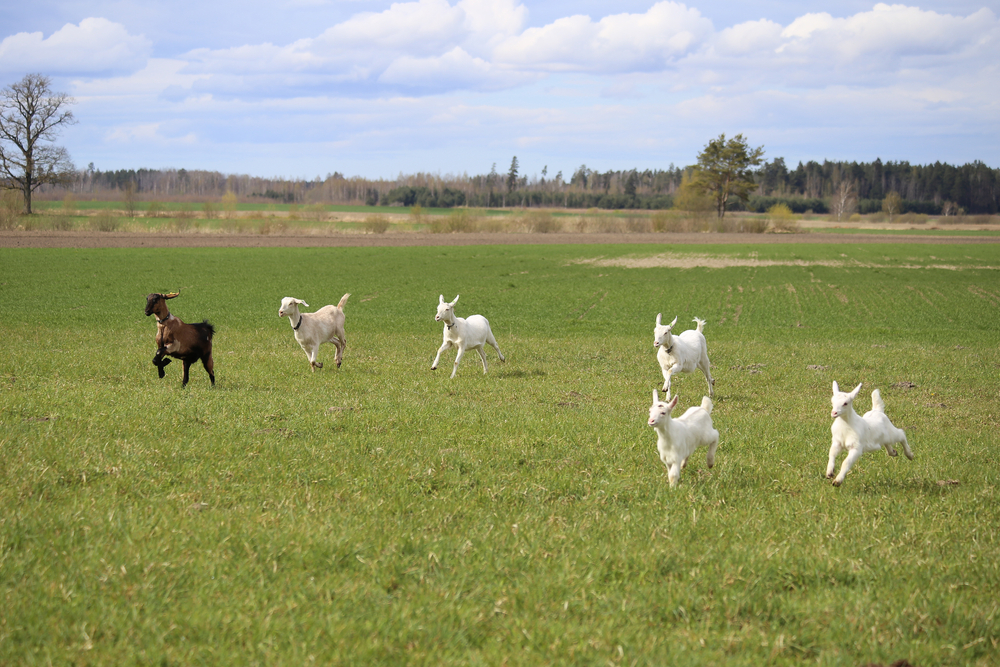
Firefighting goats and The Ojai Valley Fire Safe Council
Surrounded by rugged steep mountains penetrated by hot dry Santa Ana winds, the Ojai Valley is particularly susceptible to wildfire, being in the top one percent of regions in the U.S. and the top three percent in California. The region's limited evacuation routes, vulnerable grid dependency, and Read More...
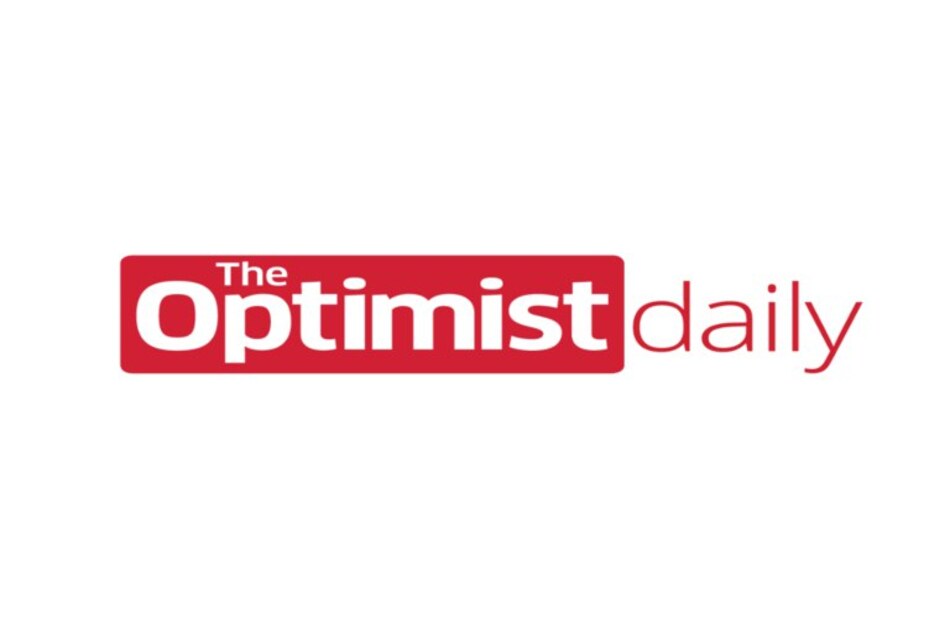
8 ways to manage social anxiety and feelings of shyness
BY THE OPTIMIST DAILY EDITORIAL TEAM Though social anxiety and shyness aren’t synonymous, there is a lot of overlap between them. Social anxiety disorder is a relentless fear of being judged or watched that can escalate to high levels of intensity, while shyness is the feeling of discomfort Read More...
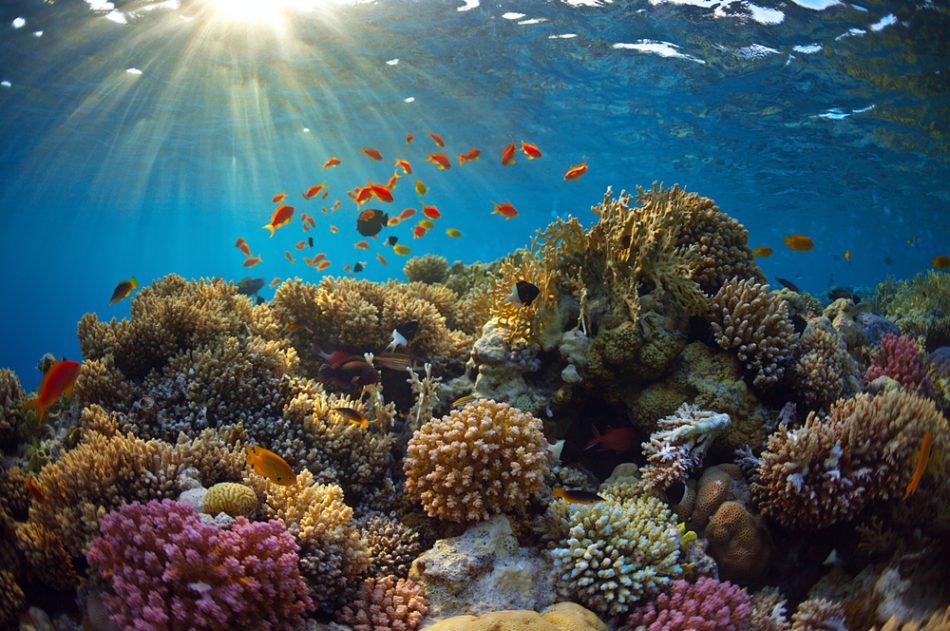
AI exposes coral reefs “singing”
Coral reefs are essential to ocean ecosystems, providing food and homes to all sorts of organisms. Learning as much as possible about these living creatures is important to protect all the life in the vast seas. A team from the University of Exeter is doing just that, creating an algorithm to Read More...
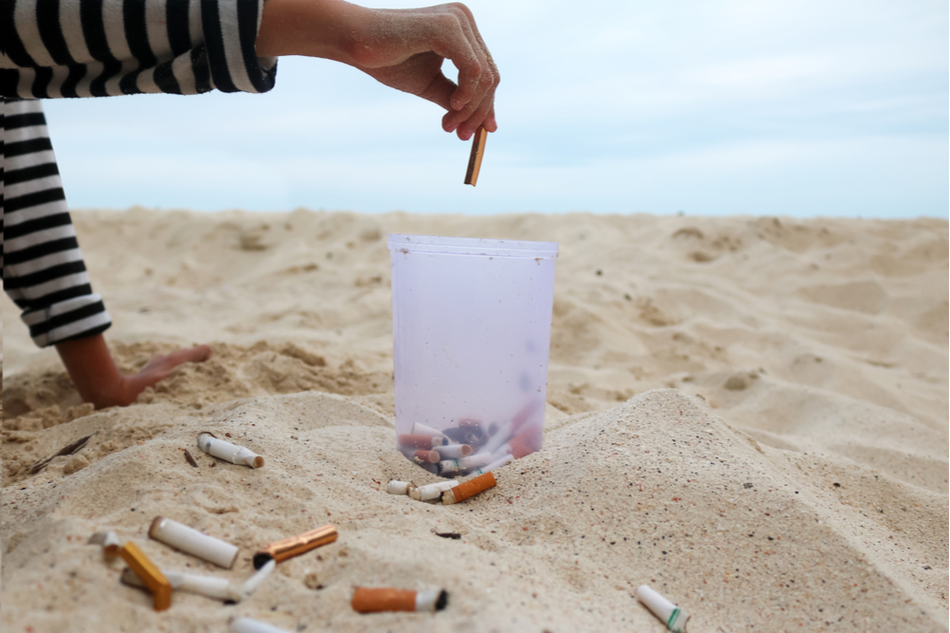
This recycling program in Catalonia aims to rid streets and beaches of cigarette butts
The Catalan government has launched a clever plan to rid their streets and beaches of cigarette butts. As an added plus, the plan has provided a small source of income for the homeless. According to the environmental organization Ocean Conservancy, cigarette butts are the most plentiful type of Read More...
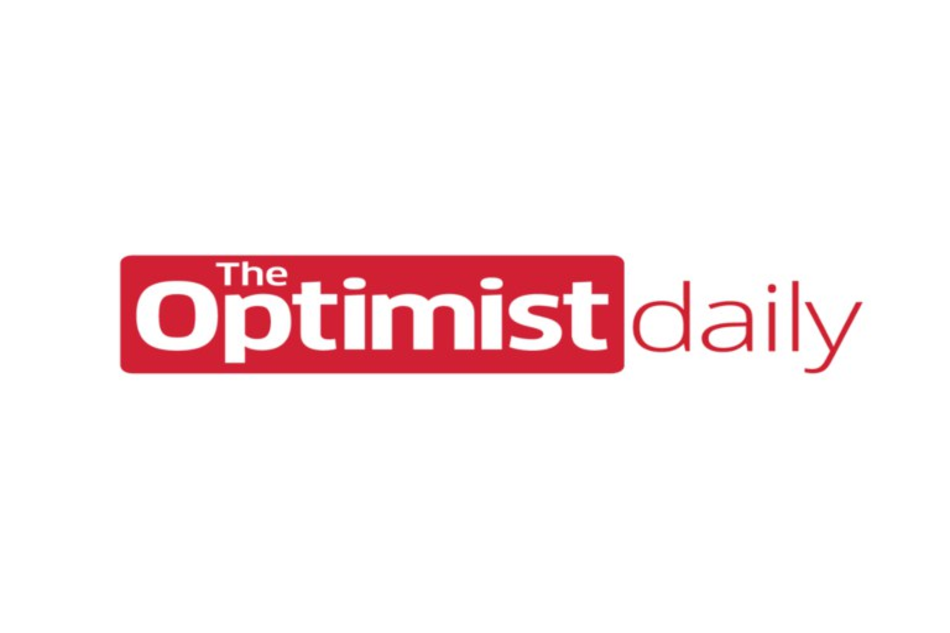
Scientists use CRISPR gene editing to make tomatoes richer in vitamin D
Over the past couple of years, people have become especially interested in CRISPR gene editing and vitamin D. Both are linked to fighting off the infamous Covid-19 virus, but in different ways. CRISPR gene editing offers us avenues and technologies that can help us detect the genetic signature of Read More...
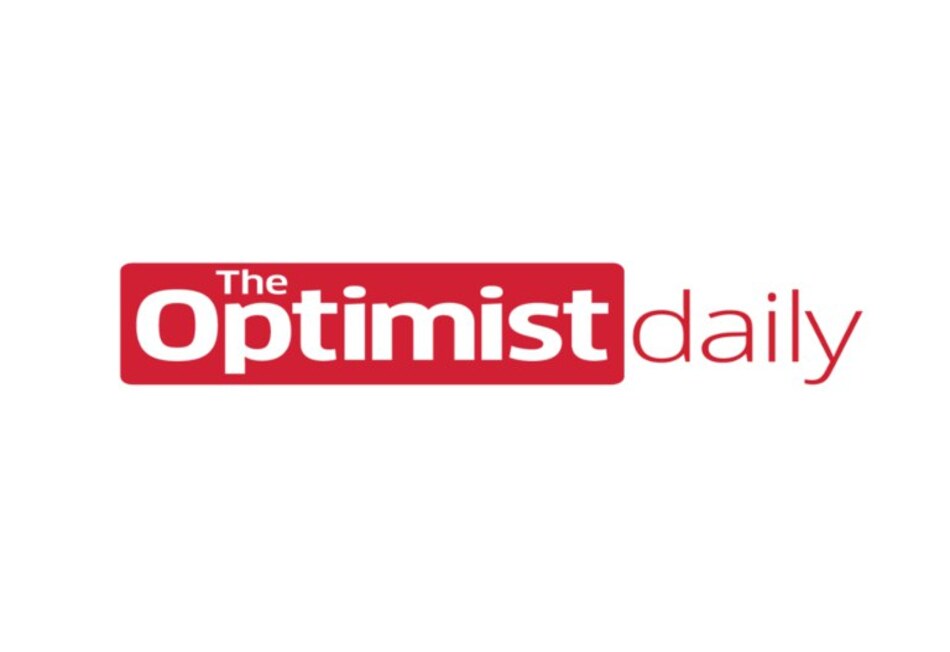
This gel film pulls drinking water from the air in even the driest places
Getting water to drought-stricken areas is an increasing concern for scientists. In the future, desalination systems will become simpler and more accessible to get water to those who need it, but another solution could be to just pull water right out of the air. Engineers from the University Read More...
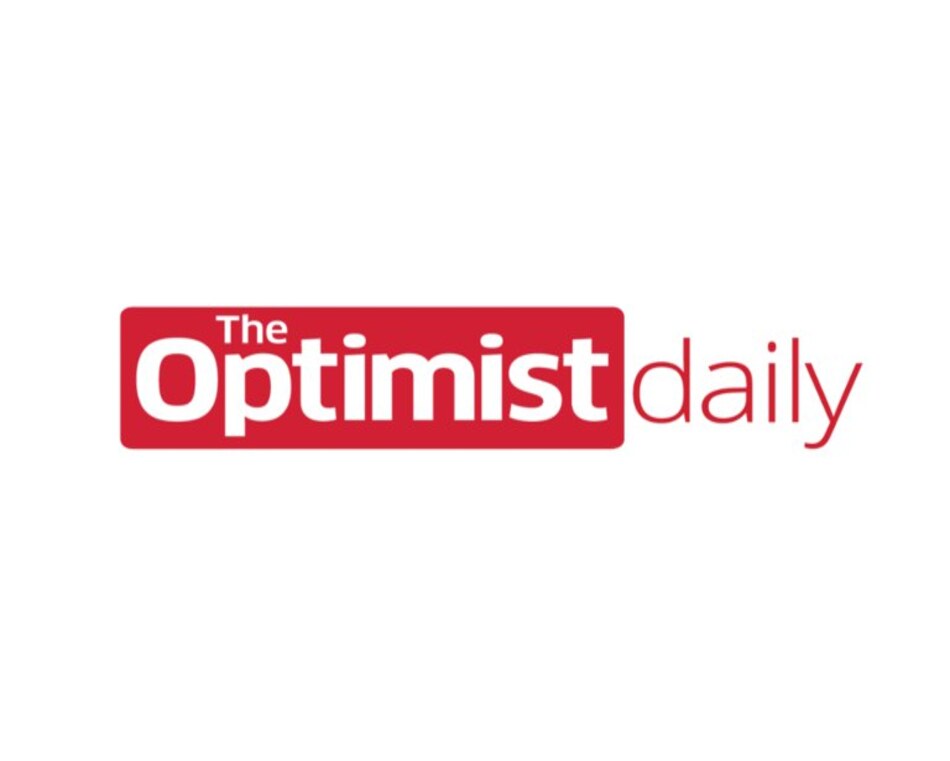
Pennsylvania schools doubled their solar power in the last two years
Renewable energy production is taking off in the Keystone State. A new report from the nonprofit Generation180 reveals that Pennsylvania schools doubled their solar power capacity over the last two years of the Pandemic. This helped not only the planet but also the schools' bottom line and Read More...
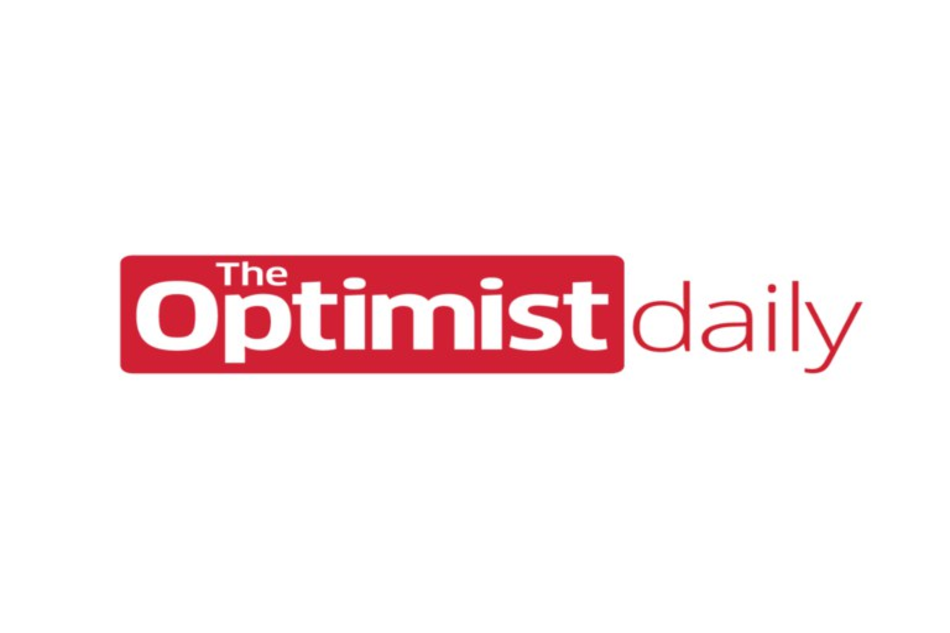
Recycled old tires could make roads last twice as long
Prolonged sun exposure is one of the main contributors to asphalt cracking. That’s because the heat from the sun dries up the road’s moisture content, making it brittle and prone to wear. A team of scientists has found that adding rubber from old tires to asphalt can help roads last twice as Read More...
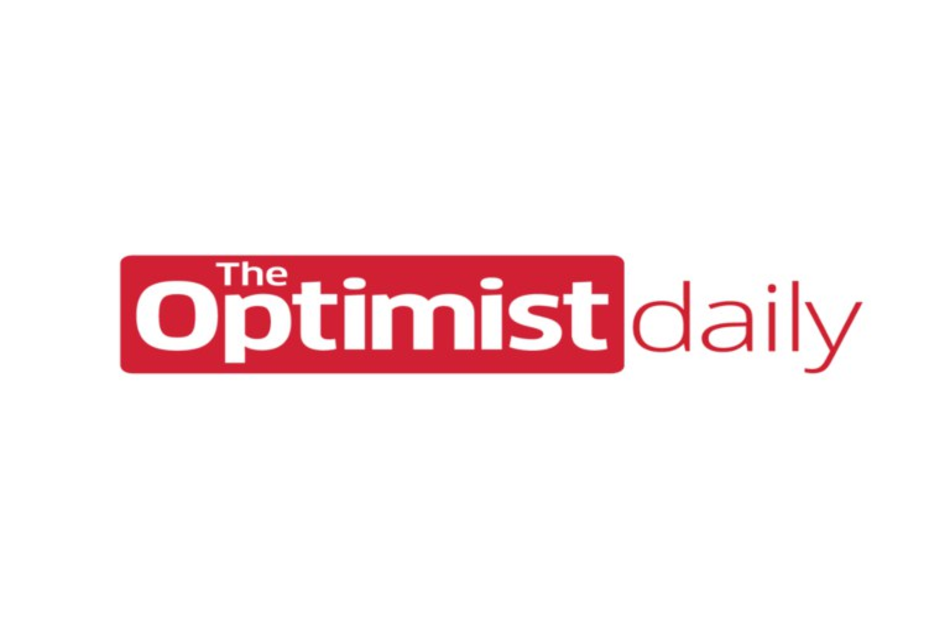
Scientists discover prehistoric dolphin species in landlocked Switzerland
Paleontologists have recently made an extraordinary discovery in landlocked Switzerland: two new species of dolphin dating back to 20 million years ago. Ancient dolphin species Located in the heart of Europe, Switzerland is entirely landlocked. Millions of years ago, however, the area used to Read More...
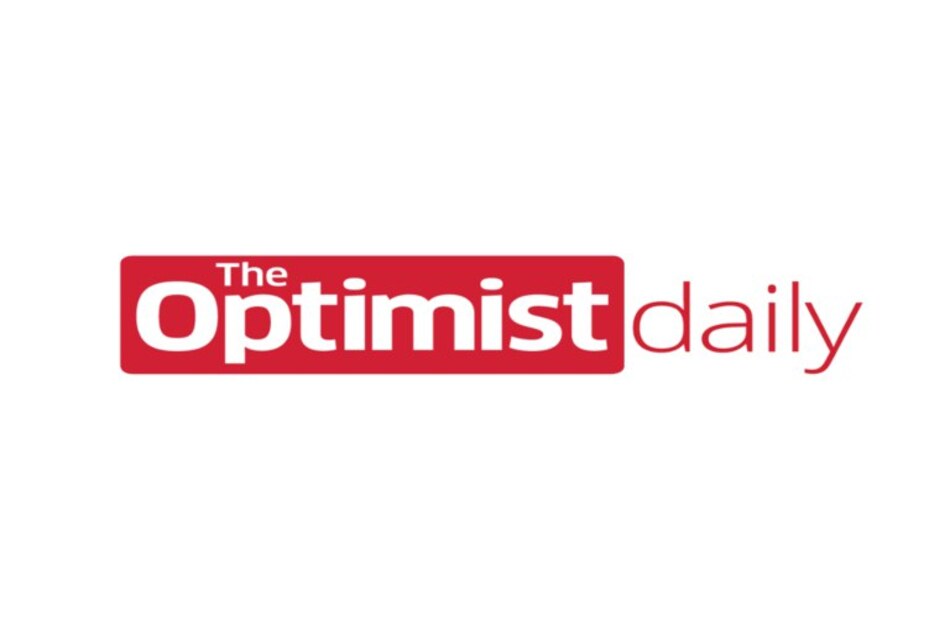
Seven tips for cooling your home without AC
Many of us can already feel the heated start of Summer, along with the urge to crank up the air-conditioning. While heatstroke is a serious health concern, a whole city blasting cool air into their homes presents a threat to the power grid. Some places like Texas are already experiencing Read More...


